Red Bull may give you wings, Amp may get you pumped, but what are you really drinking?
By Ashley Gaudiano
In 1997, Red Bull came on the market with a bang. Since then, there has been a rapid increase in new brands of energy drinks, to include Amp, a new energy juice. Some drinks are marketed as food, while others maintain the label of dietary supplements. The result of this labeling split? The Food and Drug Administration regulates them differently. Food is regulated under the Federal Food, Drug and Cosmetic Act, while dietary supplements are regulated under the Dietary Supplement Health and Education Act of 1994 (DSHEA). Products labeled and regulated as “food,” must contain a nutrition facts label which lists all additives. These additives must be formally approved by the FDA. On the other hand, under the DSHEA, dietary supplements do not require the same degree of regulation. Instead of the FDA being responsible for ensuring that ingredients are safe, the manufacturer of the product must ensure that the supplement or ingredient is safe. The FDA steps in to take action against those unsafe products categorized as dietary supplements, only after they have hit the market. Moreover, manufacturers of dietary supplements are not required to register their products with the FDA or get FDA approval prior to producing or selling their products.
What’s the big deal you ask? The big deal is this. Energy drinks marketed as dietary supplements are not so different from those labeled as food; at least not different enough to deserve separate and distinct labels. Take 5-Hour Energy. This is labeled as a dietary supplement, not a food. Monster’s Loca Moca? Also a dietary supplement. Starbucks’ mocha-flavored drink? Food. When you put the two next to one another, the differences are not evident. Add insult to injury, the label of “dietary supplement” or “food” is not overly obvious, nor is the amount of caffeine contained within.
What we are faced with is an industry that is not uniformly regulated. To avoid safety reviews, energy drink manufacturers have the ability to label their products as dietary supplements, place them on the market with unapproved ingredients and only if they get caught and are categorized as “unsafe,” do they have to worry about the FDA stepping in. The lines are all too blurred and the consequences are potentially deadly. These drinks, when left unregulated, result in overuse, abuse and hazardous consumption, especially when mixed with little or no sleep and overuse of alcohol.
If the FDA is not going to come down hard on the manufacturers of energy drinks, forcing them to label their products only as “food,” then the least they can do is present a greater screening mechanism for those energy drinks being labeled as “dietary supplements.” Cries for clarification and greater regulation were heard when the FDA presented the dietary supplement industry with the new dietary ingredient (NDI) draft guidance. Any dietary ingredient that was not marketed in the United States in a dietary supplement prior to October 1994 (the date DSHEA was enacted) qualifies as an NDI. As a result, there is no authoritative list of dietary ingredients. The draft guidance may not be the answer for the energy drinks industry. However, in the absence of a mandate for all energy drinks to be labeled as food, the FDA is at least making an effort towards greater consumer protection for those drinks labeled dietary supplements.
In a world where kids and adults alike are consuming energy drinks that send a confusing, mixed message due to unrefined and varying labels, shouldn’t there be regulations in place? A consumer has the right to know whether the product they are purchasing is a “food” or a “dietary supplement.” They have the right to know whether the ingredients have been approved by the FDA. More importantly, they have a right to know whether the ingredient had to meet the inadequate standard for dietary supplements of, “reasonably expected to be safe,” or the far more stringent standards applied to food, food additives, or GRAS ingredients of “reasonable certainty of no harm” or “generally recognized as safe.” Manufacturers should not be able to pick and choose how to label their energy drinks in an effort to circumvent the safety standards required for conventional foods. So long as the determination of how to label these products lies with the manufacturer, additional safety measures are needed to protect consumers.




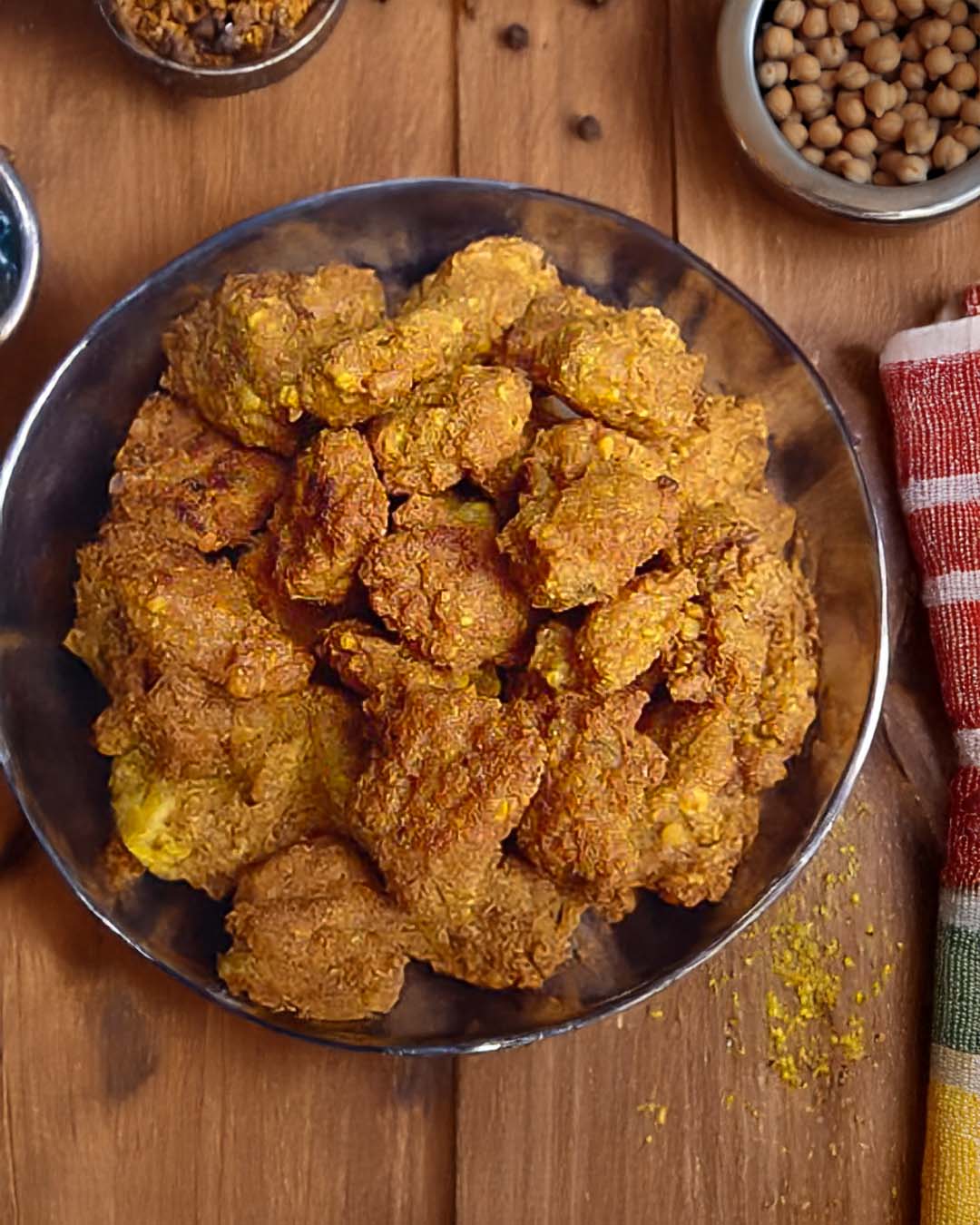
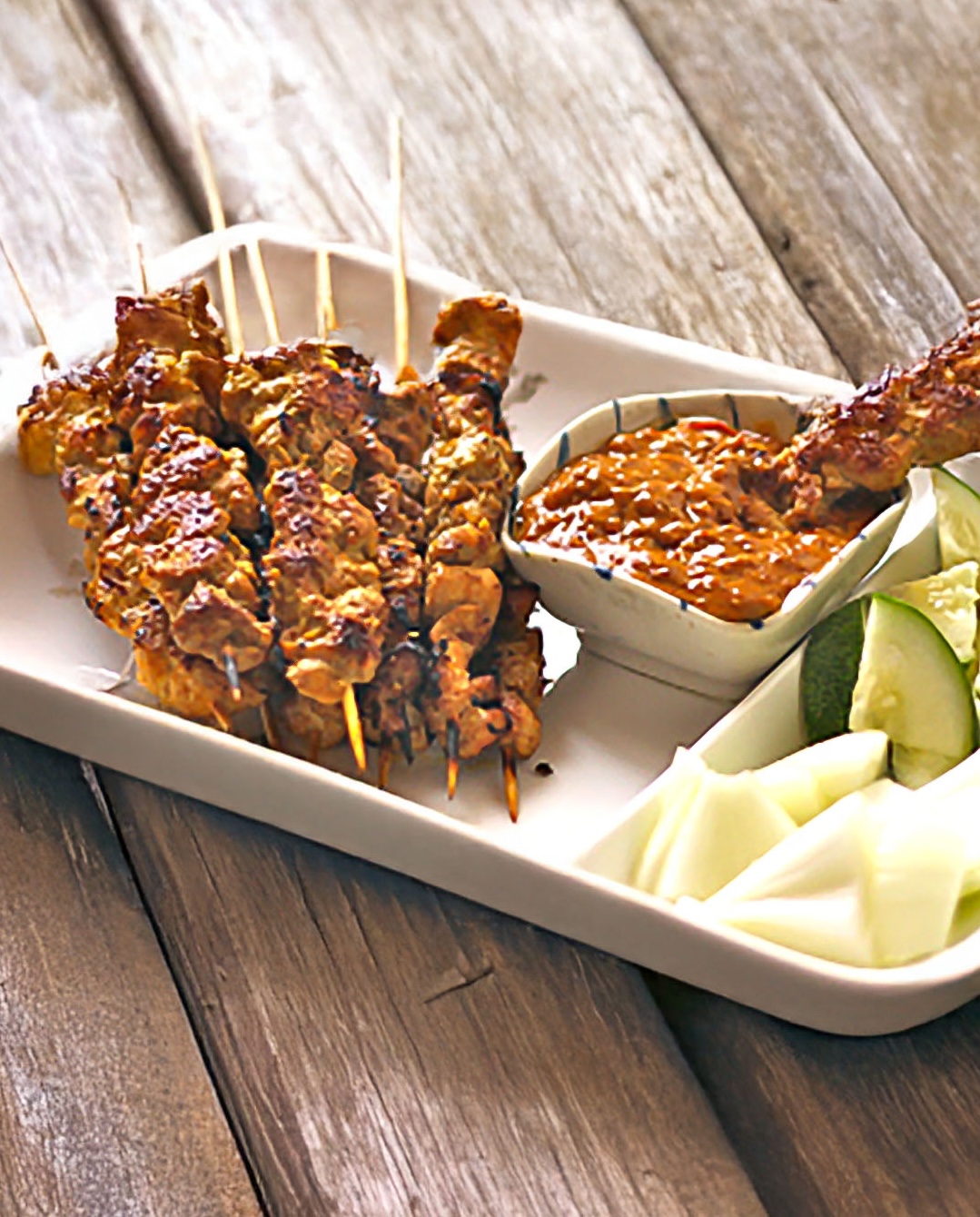
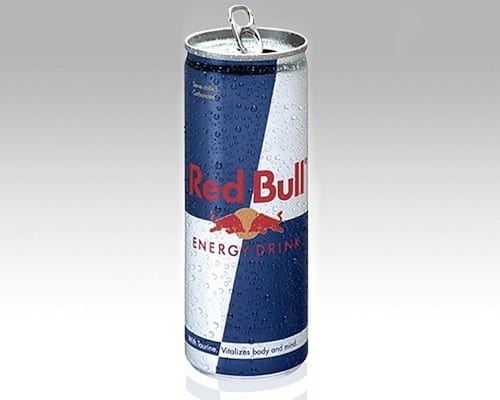
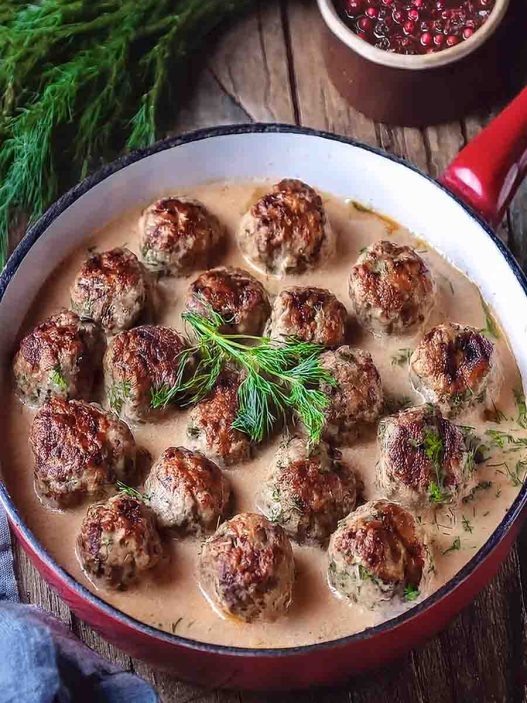
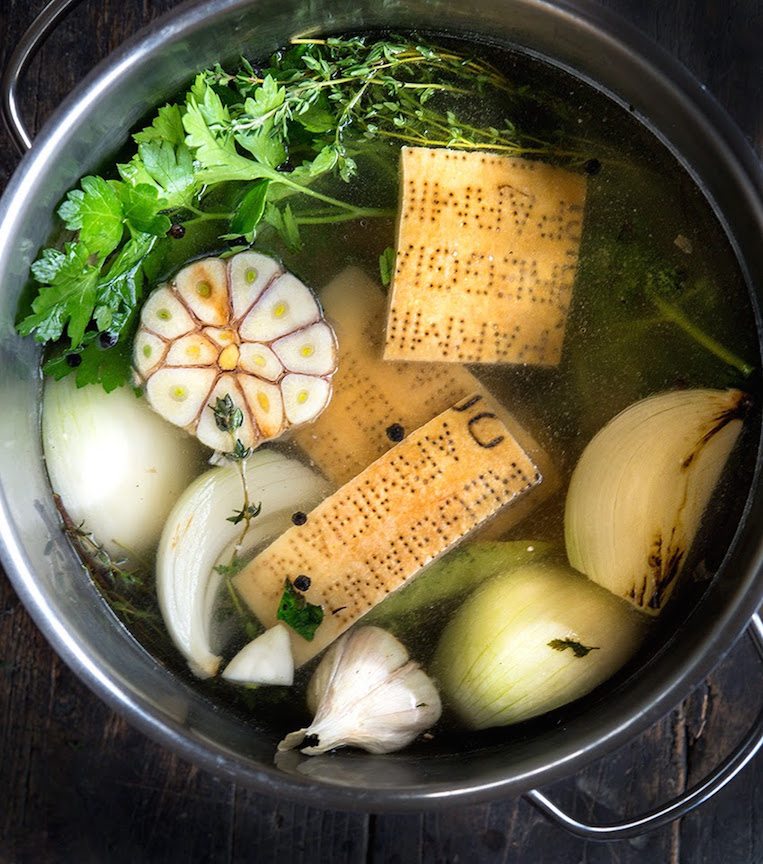

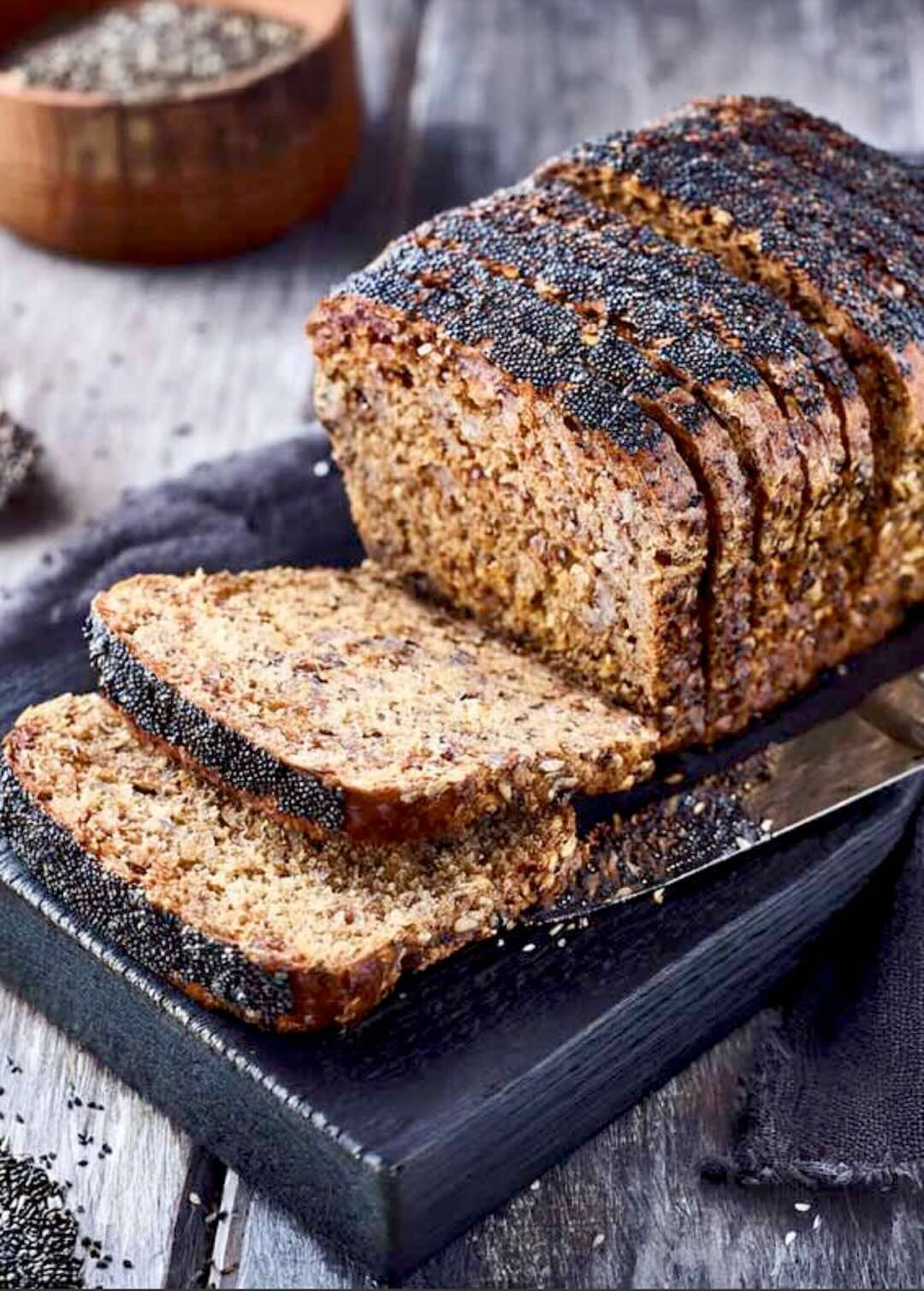

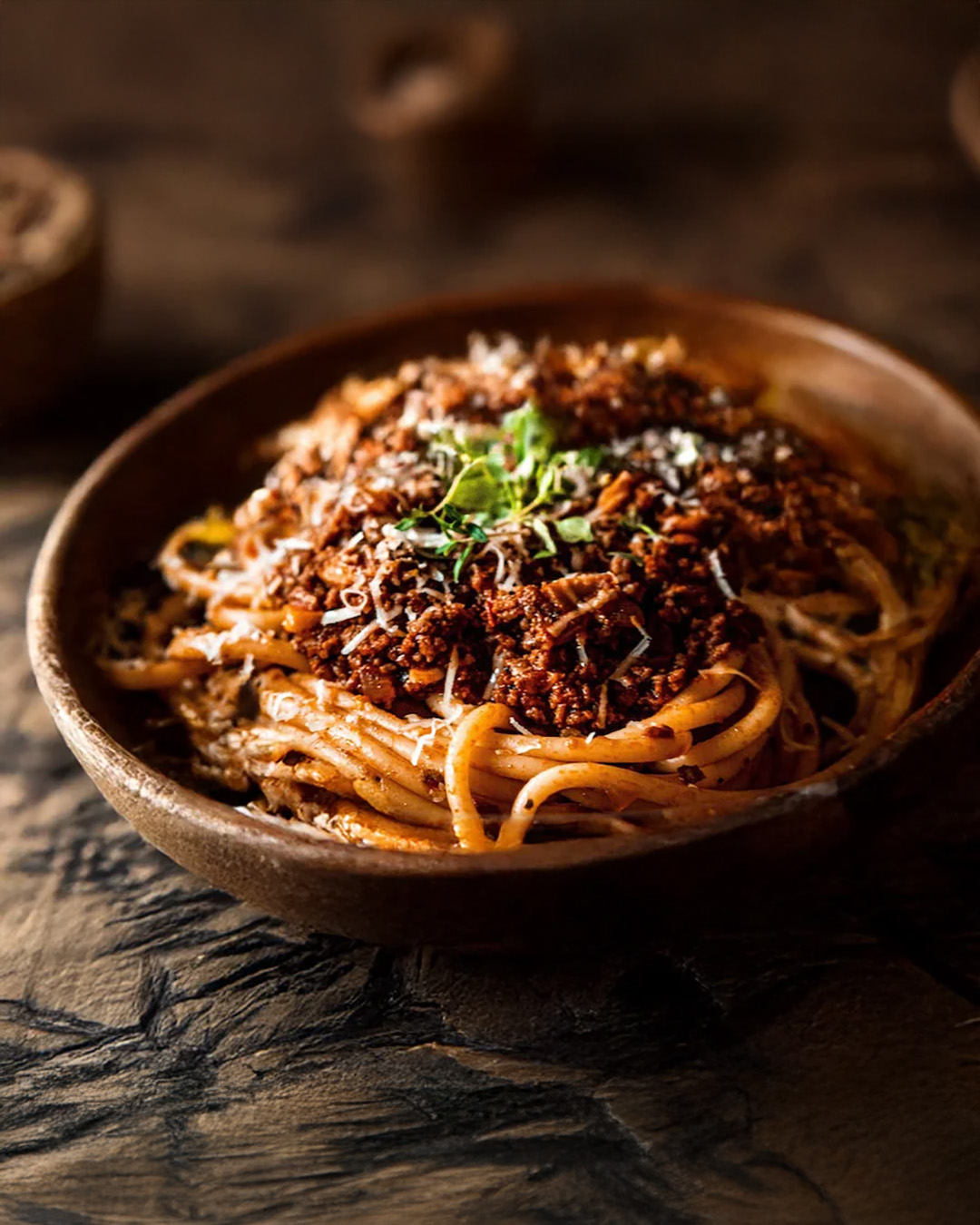
… Are energy drinks really that bad? I’m pretty sure they’re just a bunch of caffeine and B vitamins. Everyone’s freaking out about Monster and Red Bull, but why not coffee which has been around forever? It’s not like they’re adding mysterious chemicals or methamphetamine into these energy drinks or something (although by how some people talk about them, you’d think that’s the case).
Redbull, Monster, 5 hour energy, AMP, all of that is bad for you! High Sugars, High Calories, and A Boat Load of Caffeine. I know of an energy drink that is low in sugars, low in calories, very low in caffeine, but still gives you energy to get through your day. Reply to this for more details :)
And It IS HEALTHY!
All energy drinks should be banned. My son age 22 got hooked on red bull. He dranked them at nite which kept him up all nite went to work and needed them to stay awake at work. He was addicted to them. My son never slept and landed in the emergency room he thought he was loosing his mind his heart rate was all over the place; they took every kind of blood test and he was not on anything else but red bull. It was a long hard road for him but I am happy to say two years later that he is doing amazing well and is off the drinks, Red bull is like a drug and anyone can buy it, I saw what it can do, These drinks need to betaken off the market, One is too manny, We r not doing enough, Please continue to spread the word, They are dangerouse thank you for spreading the word
That is exactly what all the drinks that are being sold in stores do. I do know of an energy drink though that is a healthy alternative to all that other crap. Would you like to know more?
Other than caffeine levels, how do energy drinks differ from sodas and sports drinks? Soft drinks are mainly water, sugar and flavoring. They don’t do anything for your body; they’re just supposed to taste good. Sports drinks are designed to replenish fluids lost during activity. They typically contain water, electrolytes and sugar. ..;*^
Very latest piece of writing provided by our very own web blog http://healthdigest101.com
I want to know how much caffeine and calories does it have in the drink.